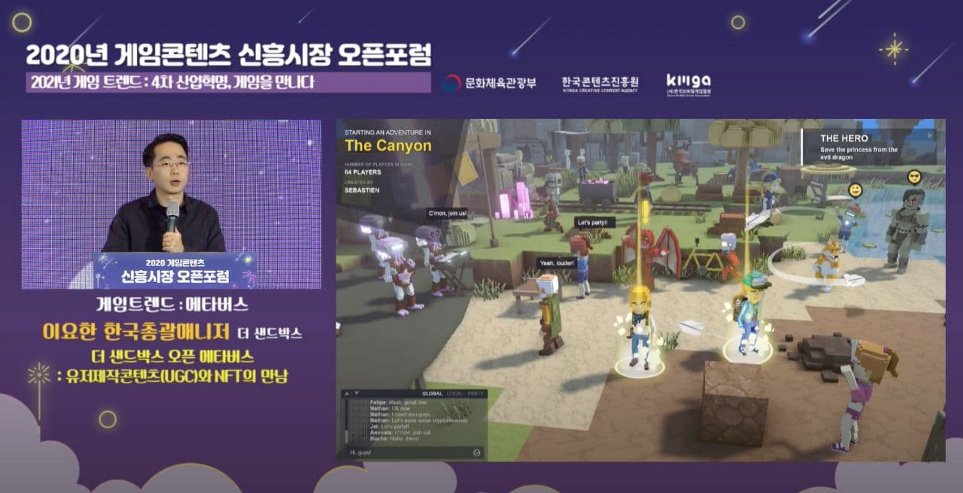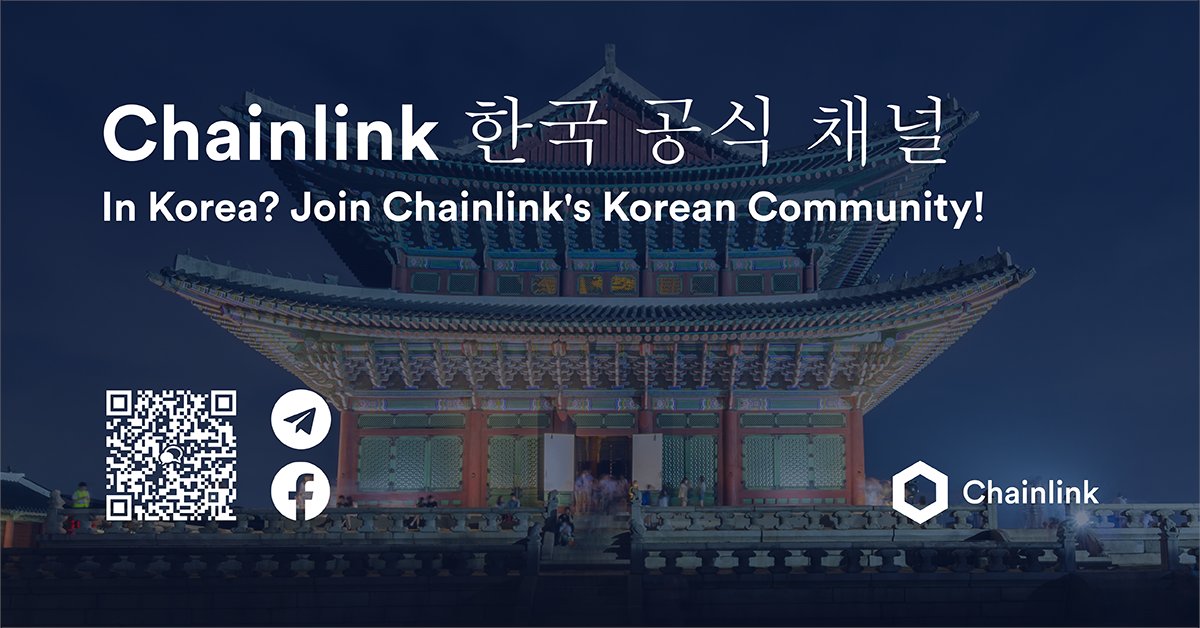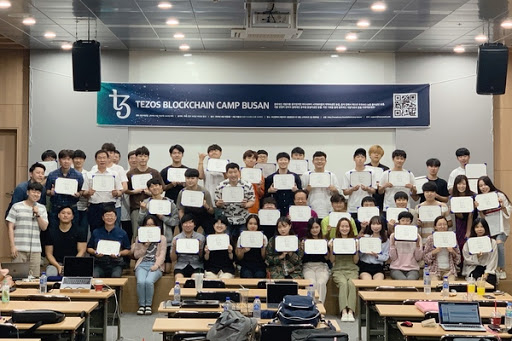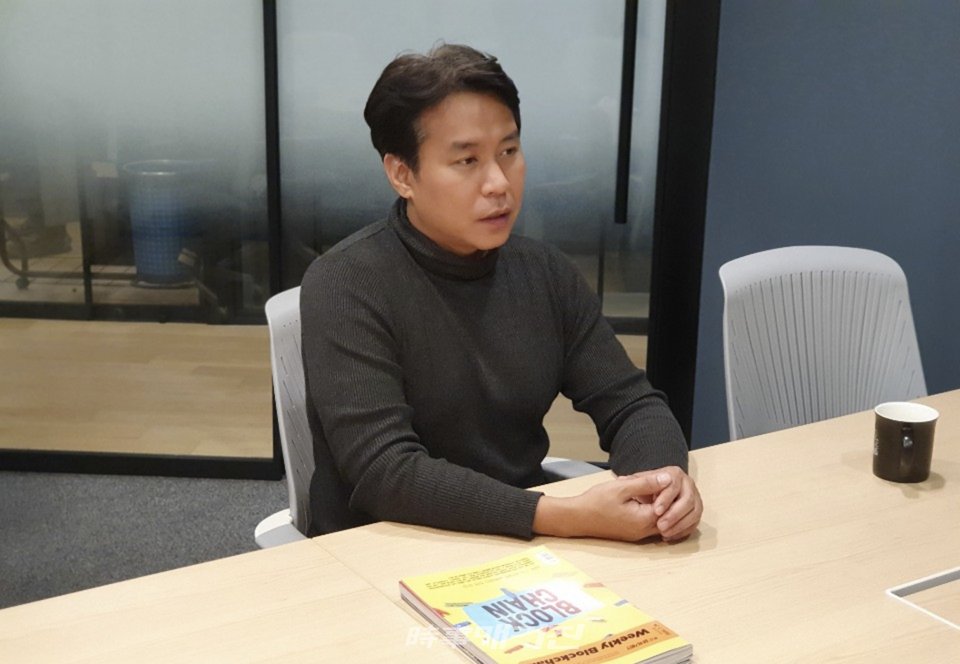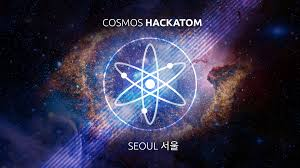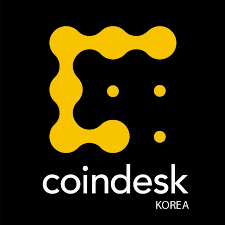I frequently get questions on how to approach the Korean market as well as successful examples. Most projects care about Korea only during the fundraising phase unfortunately. However, there are few non-Korean entities that continue to grow in Korea.
Their stories are all unique, and I will share some. To clarify, I am not endorsing the following list and I picked those that have active presence in Korea (for example, Ripple is popular in Korea, but they don’t have an official representative in Korea so not considered).
1) Contrary to most other communities, @TheSandboxGame‘s Korean community is driven by various artists and designers that contribute to their ecosystem. This was possible mainly because they have Yohan Lee, who has experience in both design and blockchain.
1-1) As a speaker who’s fluent in 3, he frequently speaks at events, and is considered one of few experts in blockchain gaming in Korea. Their partnerships with major Korean entities like @klaytn_official and investment from @hashed_official consolidated their position in Korea.
2) Chloe Lee and her @chainlink team run a tight ship in Korea. The community is informative and allows no speculative discussion. Their business execution is sharp and clean. Event planning? Marketing? Of course also sharp and clean.
2-1) Chloe is a frequent speaker, and she’s one of few professionals in Korea who understands blockchain technology from both developer, business, and community manager. Chainlink was already known among traders, but she undoubtedly made it known even among Korean government.
3) @tezos has both for-profit and nonprofit entities in Korea. Their approach might sound simple but it’s actually very difficult to pull off, which was to collaborate closely with top Korean universities like Seoul National University and Yonsei University.
3-1)Back then, there were some that just used such collaboration for a quick pump. But no, Tezos actually worked with universities and created courses and training. This helped to create a strong community of new developers as well as awareness among academia in Korea.
4) Jonathan Kim from @Quark_Chain is unique in a way that he was a C-level veteran in multinational corporations like Hanwha. This allows his team to be well-connected with both the startup and legacy corporation scene.
4-1) Their strength lies in effective marketing and PR campaigns in Korea which are amplified by their good relations with various media (both legacy and blockchain news) in the country.
5) As Josh Lee (Dogemos) from @cosmos comes from Cosmos validator / app, he understands the system inside out. He and his friends at @nonce_community helped to educate the community as well as develop various projects related to it.
5-1) Various validators played an important role in developing the Korean community. @CoinoneOfficial , which invested in Cosmos in 2017, made staking more easily available to Korean users via its node service.
6) Sure, @coindeskkorea is not a “project,” but it plays an important role in Korean blockchain ecosystem. Beside translation of its English language edition, it also engages in various unique articles ranging from Korean interviews to scoops.
6-1) Similar to @JOIND_IO, Coindesk Korea is praised for willingness to criticize or point out flaws or wrongdoings in Korean blockchain system. In a society where criticism itself is often criticized and silenced, this kind of reporting allowed them to grow further in Korea.
In conclusion, there are many ways to grow in Korea, but you can see that the focus is in long-term commitment and growth. The community that builds on speculation often doesn’t last long. Also, there are probably many other great people and projects. So apology if I forgot any.

 Read on Twitter
Read on Twitter